Blogs
Meet Pure Dive Resort: Your Gateway to Unforgettable Diving in Bali, Indonesia
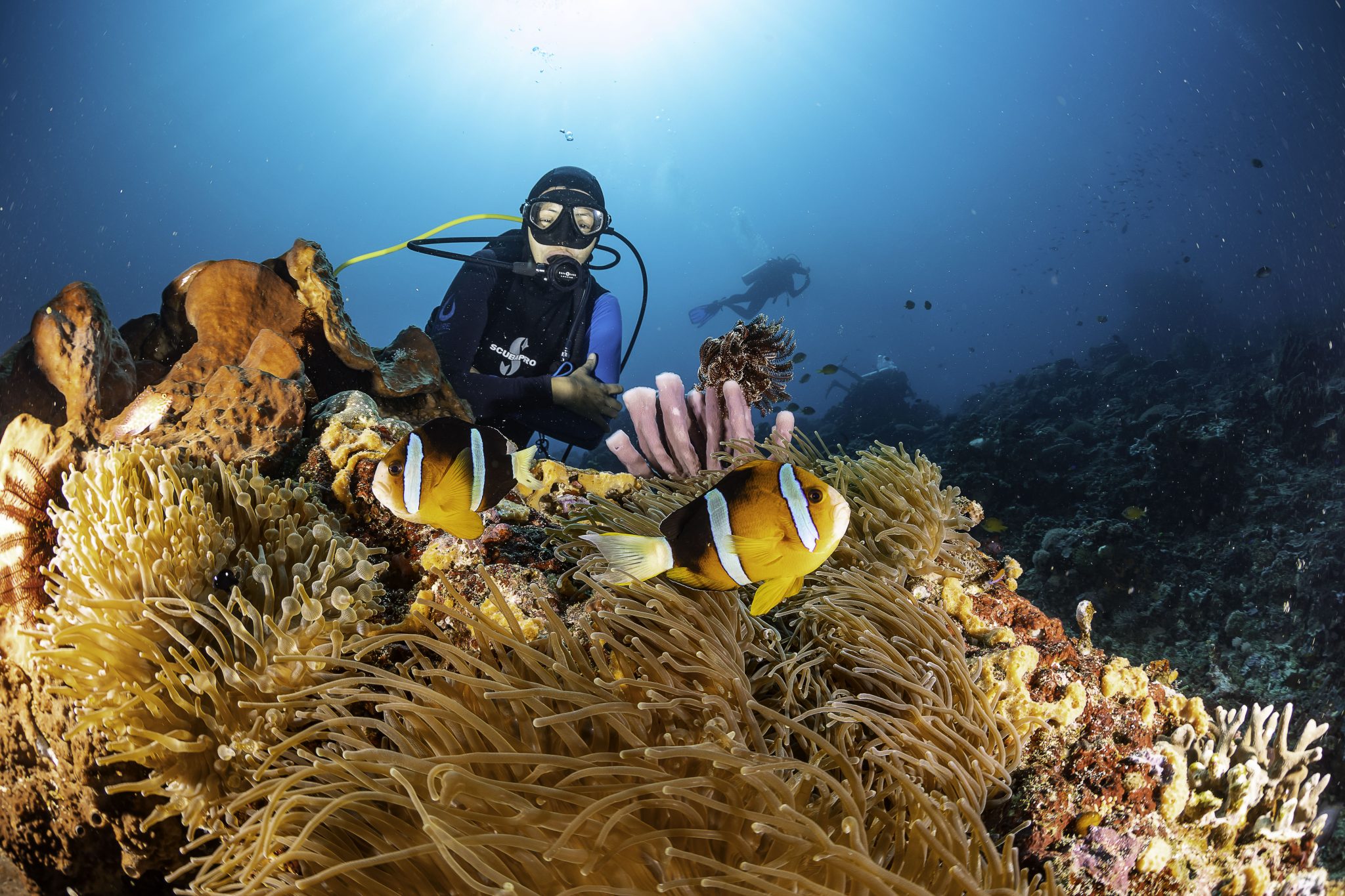
If you’re passionate about the underwater world, listen up! We’ve got an incredible opportunity for you to experience the vibrant reefs and majestic marine life of Nusa Penida, Bali, Indonesia.
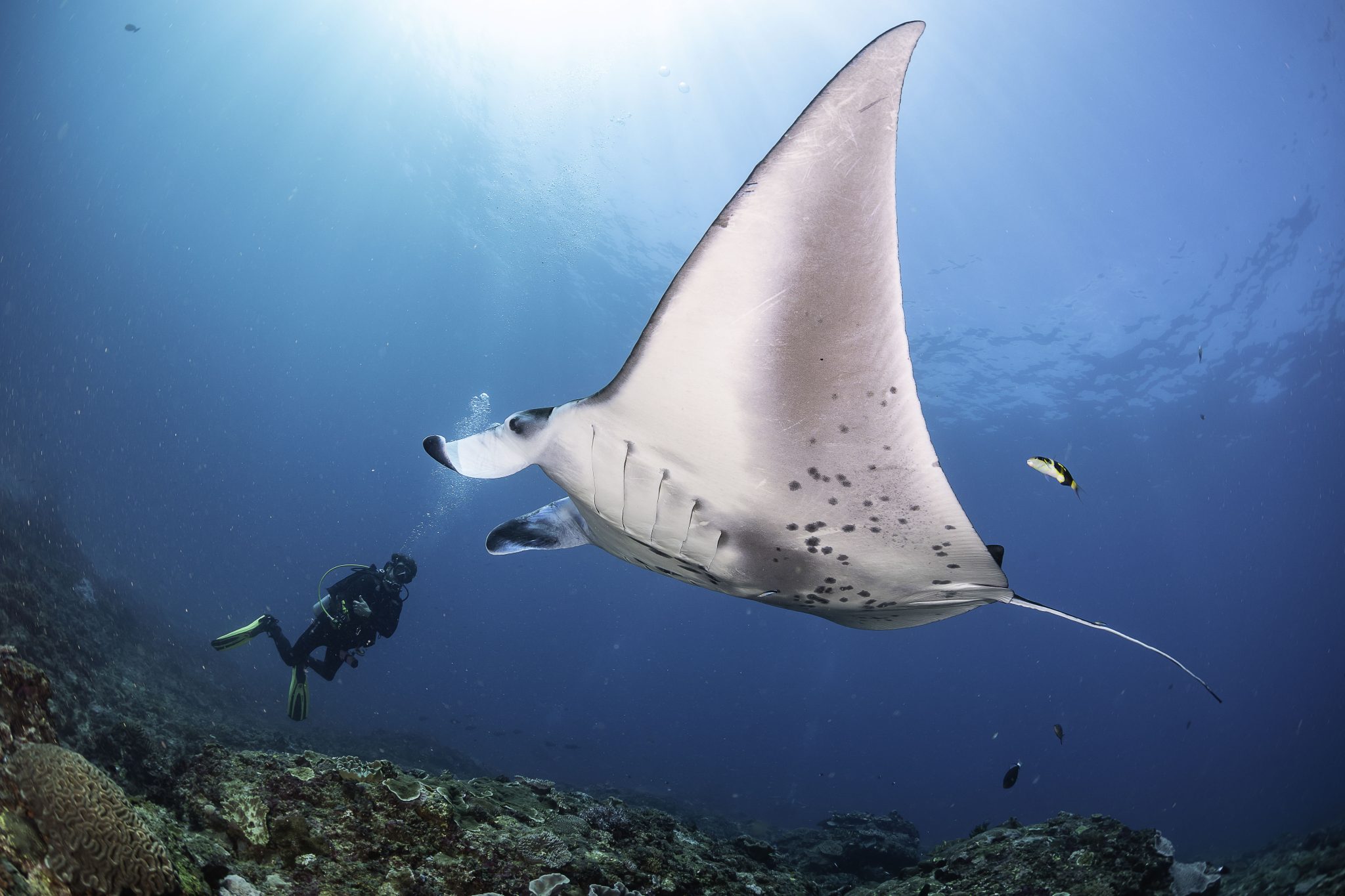
info@purediveresort.com / +62 811 3999852 / www.purediveresort.com
Pure Dive Resort isn’t just another dive centre; it’s a team of experts dedicated to providing world-class scuba diving and freediving adventures around Nusa Penida, Lembongan, Ceningan, and even Bali.
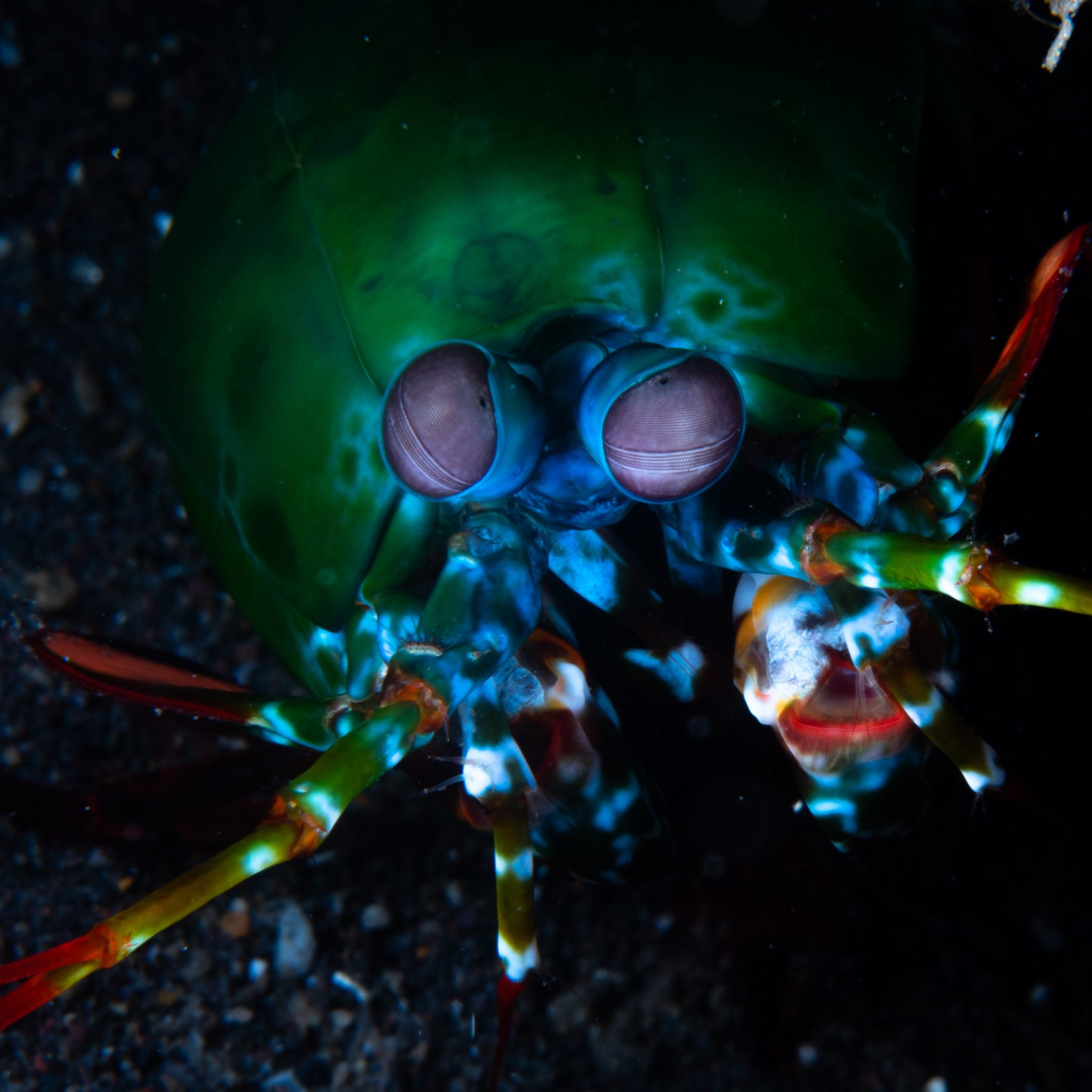
info@purediveresort.com / +62 811 3999852 / www.purediveresort.com
Whether you’re a seasoned diver or completely new to the sport, Pure Dive Resort has something for you:
For certified Divers: Discover stunning dive sites, encounter manta rays, seasonal mola-mola (sunfish), and a dazzling array of marine life.
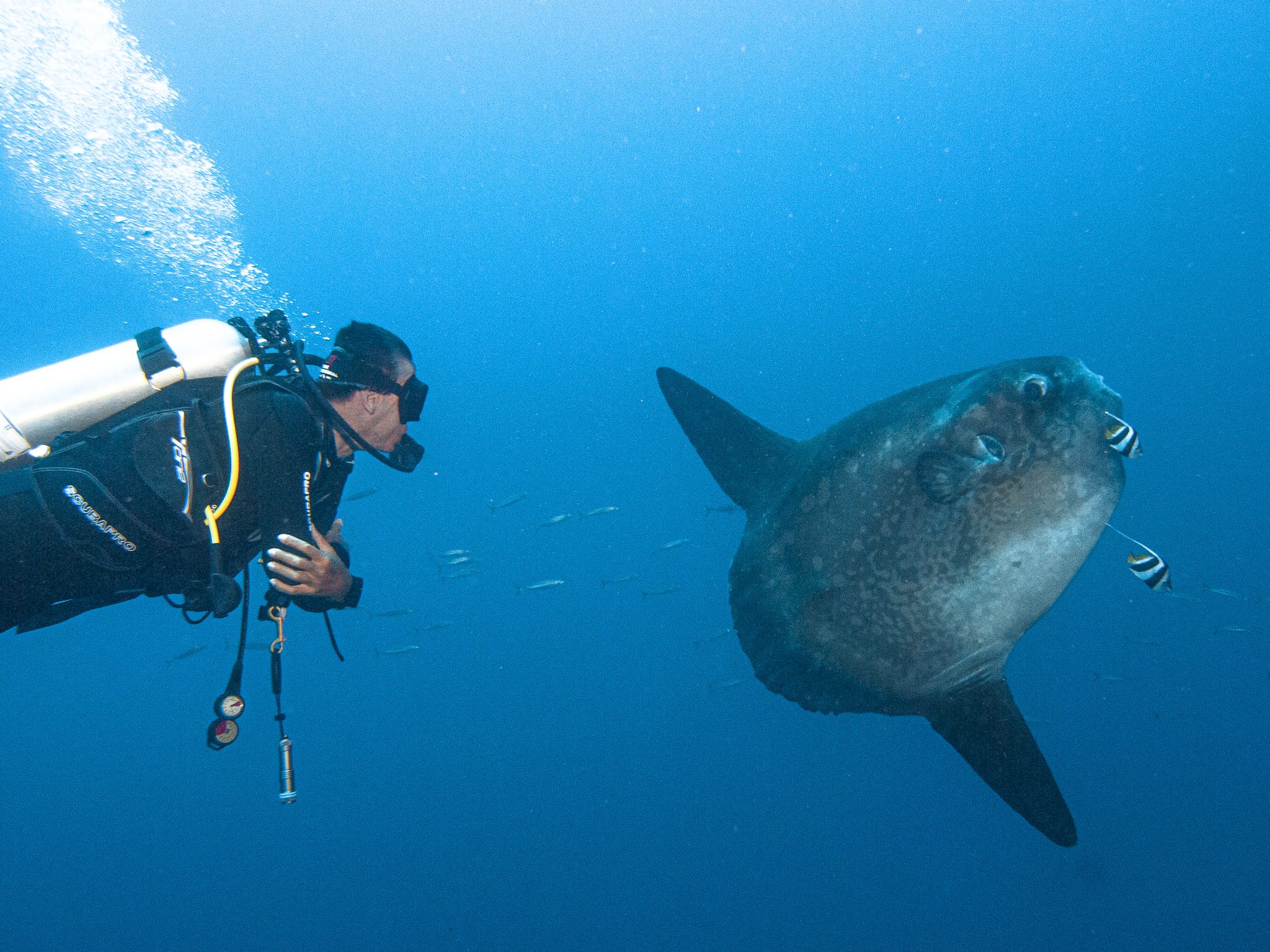
For beginners: Embark on your scuba journey with beginner programs like Try Scuba and Basic Diver, Open Water and Advanced certifications.
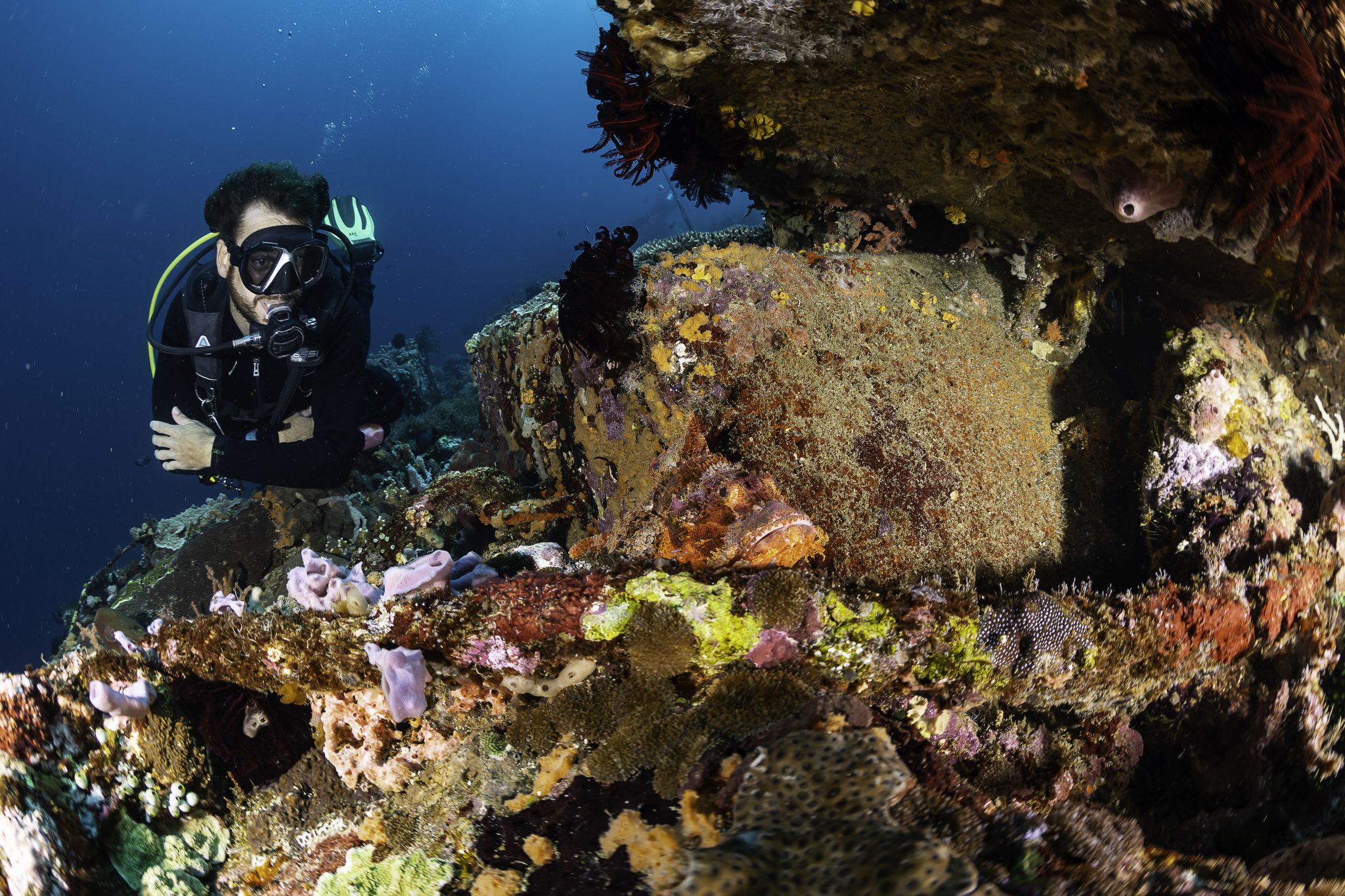
Freedivers: Explore the depths on a single breath with guided freediving experiences and courses.
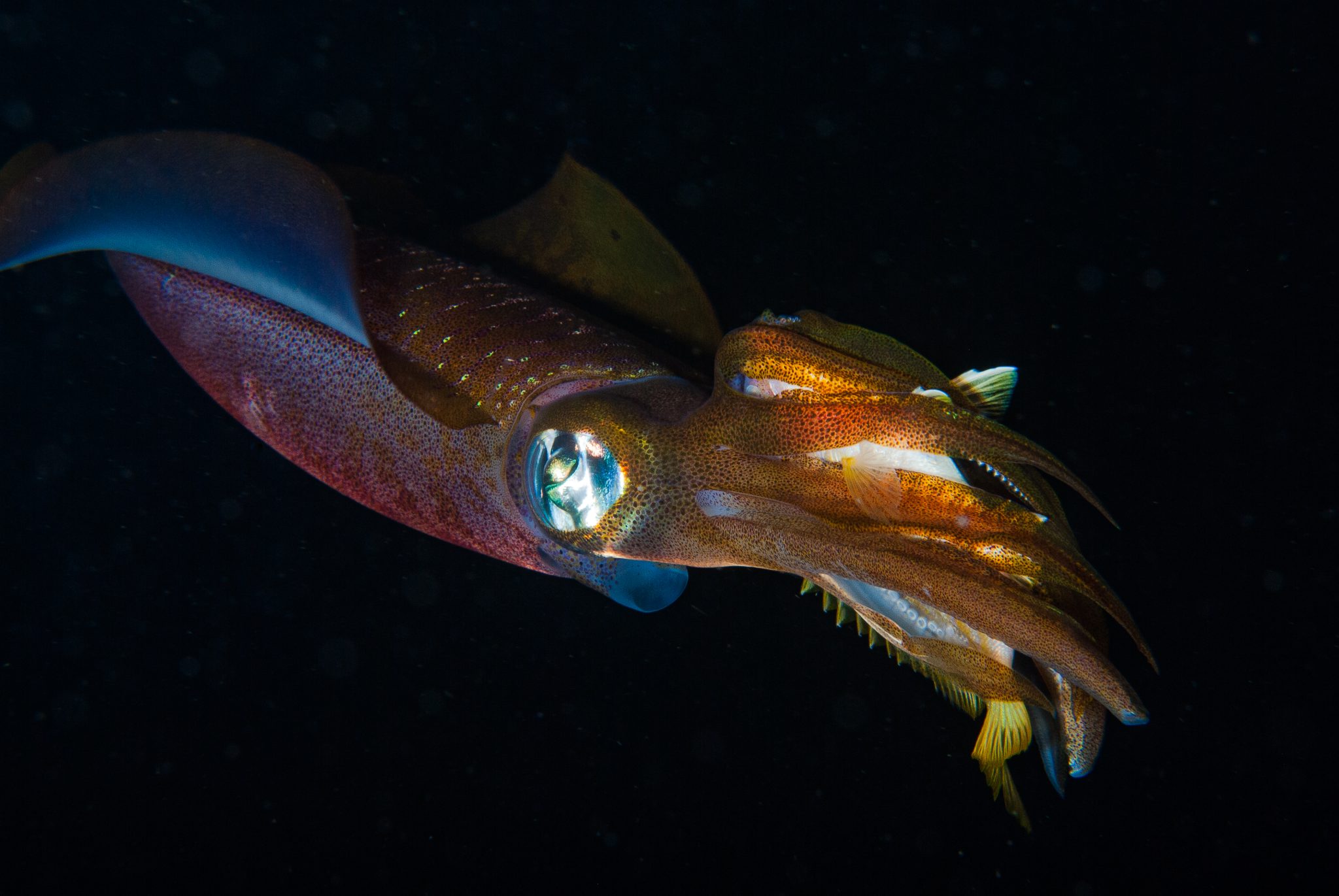
Exclusive Scubaverse Offer: Save on Your Next Adventure
As a valued Scubaverse follower, you get an exclusive 10% discount on any Dive & Stay or Learn & Stay package booked at Pure Dive Resort for 2024. Dive into the crystal-clear waters, explore breath-taking reefs, and create unforgettable memories in this diver’s paradise.
Visit https://www.purediveresort.com/package-offers/ to explore amazing packages and claim your discount with the code: SCUBAVERSE10
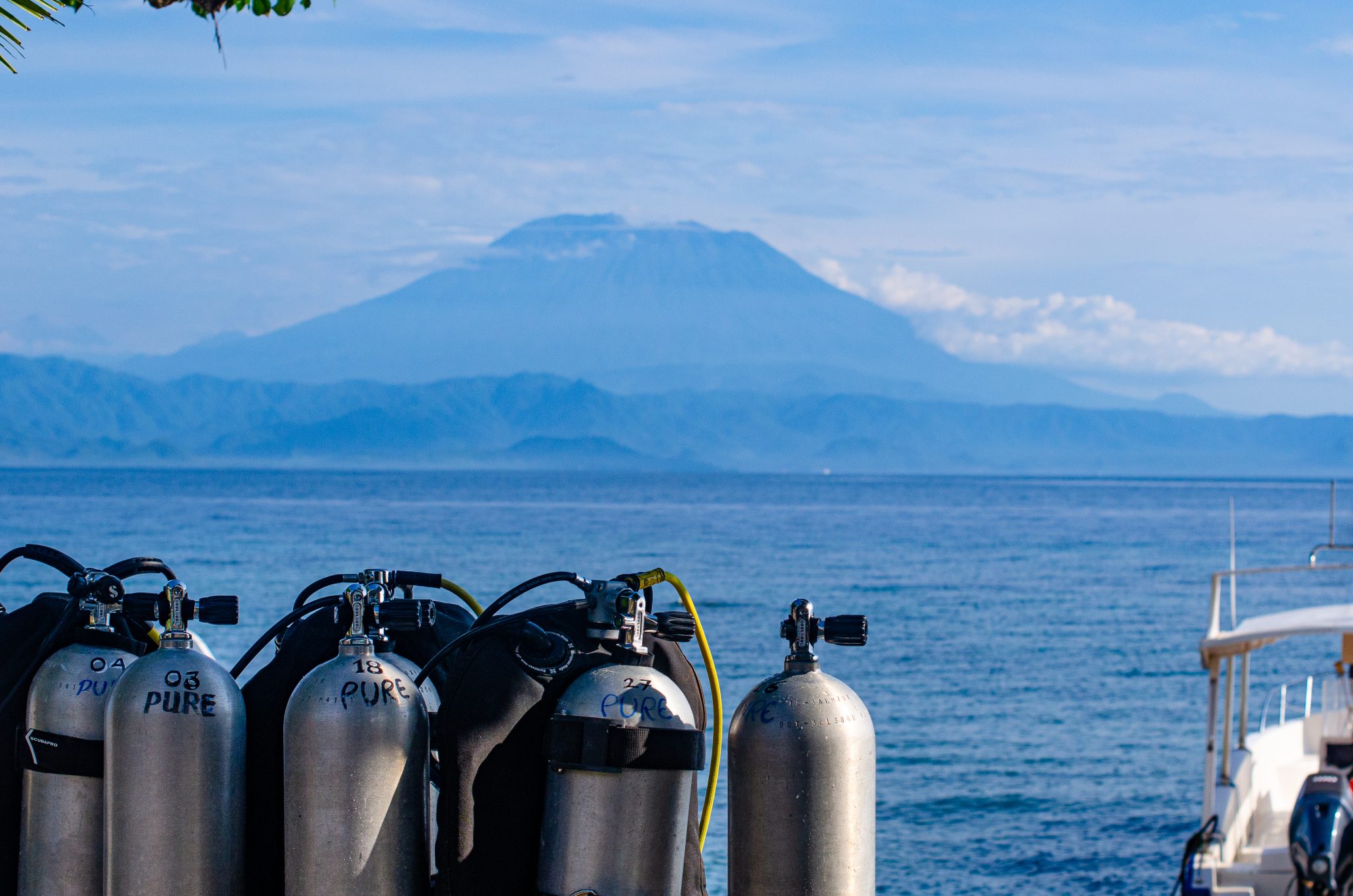
info@purediveresort.com / +62 811 3999852 / www.purediveresort.com
Ready to make a splash?
See you in Nusa Penida!
Blogs
Alonissos: The complete diving destination (Part 1)

In June we were incredibly fortunate to be invited to dive in Alonissos, a small Greek Island in the Sporades island chain located in the North Aegean Sea. While I have long been a big fan of the Greek Islands as a great holiday destination, I had not had the opportunity to do any diving on previous visits and Mike and I were extremely excited to see what Alonissos had to offer both above and below the surface!

The Sporades are easily accessible via the airport in Skiathos (the first island in the chain), which is served by Jet2 flights from all major UK airports from May through October. Numerous ferries and charter boats make island hopping from Skiathos Town a breeze. After an hour boat ride, the picturesque port of Patitiri was a wonderful introduction to Alonissos, where we were met by our gracious hosts Kostas of Albedo Travel and Dias of Alonissos Triton Dive Center. Mike and I were delighted to be staying at the Paradise Hotel, aptly named for its stunning views over the sea and great location for walking to the waterfront.

Alonissos is beautifully situated in the National Marine Park of Alonissos and the Northern Sporades, the largest marine protected area in Europe. The surrounding seas offer fabulous marine life, including incredibly rare species such as the Mediterranean monk seal. They boast deep walls covered in gorgonians and sponges, stunning topography with caverns, swimthroughs and pinnacles, and the first accessible ancient shipwreck from 500BC!

In locations where historical sites have been reported, the waters are largely restricted, but with collaboration between government, underwater archeologists and dive centres, incredible underwater museums are being created for a truly unique diving experience. Alonissos is home to the first of these, the Ancient Shipwreck of Peristera Accessible Underwater Archeological Site. The chance to dive into history (along with reports of healthy reef life and amazing underwater topography) meant Mike and I were keen to get in the water.

Our introduction to the diving around Alonissos was at the Agios Georgios Pinnacles, in the channel between Alonissos and Skopelos. This fantastic site was named “The Chimney,’ and proved to have a huge amount to see. We got to a decent depth here (over 25m), and marvelled at a colourful reef wall with a wonderful swim through whose rocky walls were absolutely covered with life. As well as brilliant topography there was no shortage of macro life here. We saw numerous nudibranchs, five different species in total. The second dive at Mourtias reef nearby was a shallower dive along a nice wall with lots of crevices. Several moray eels and grouper called this site home. We enjoyed looking in the crevices for lobster and smaller benthic life, such as cup corals and tunicates.

Our itinerary allowed us two dives a day with afternoons left to explore the island with our hire car and evenings to enjoy the famous Greek hospitality. This proved to be a lovely mix of in-water and land based diversions.

The next days diving to the Gorgonian Gardens and Triton’s Cave was to be even better! These two stunning sites are nothing short of fabulous. The Gorgonian Gardens was a deep wall near to the Agios Georgios islands. The ever-present currents in this deep channel meant that the sea life was amazing … the namesake Gorgonian sea fans dotted the wall at a depth of 30 to 50 meters, getting ever larger the deeper we went. Above 30m was by no means less beautiful, with sponges, corals, scorpionfish, moray eels and some rare and colourful nudibranchs.

The second shallower dive of the day was to Triton’s Cave or the Cavern of Skopelos, on the east side of that island. The spectacular rock formations had wild striations both above and below the water making a truly epic topography. The cavern entrance was at 14m, and big enough for a buddy pair, winding up to 6m and passing two beautiful windows out into the blue. Emerging from the cavern, the light at the shallower depths and the incredible rock formations made for a fantastic gentle swimming safety stop and we all surfaced by the boat with massive grins.

Check out our next blog :Alonissos: The complete diving destination (Part 2)” to hear about our amazing dive on the 2500 year old Peristera Wreck!
Thanks to:
Alonissos Triton Dive Center https://bestdivingingreece.com/
Albedo Travel https://alonissosholidays.com/activities/
Paradise Hotel https://paradise-hotel.gr/
Alonissos Municipality https://alonissos.gr/en/
Blogs
Mamma Mia! Diving Skopelos (Part 2)

Our second days dive itinerary was to the famous Christoforos wreck! This is arguably the best dive in Skopelos and though only open to divers with deep diving experience, this 83m long wreck is well worth the visit.
The Christoforos sits in 43 meters of water with the deck at 32 to 35 meters. A 30m dive can give an impressive view of the wreck, though such a large wreck needs a few dives to truly do it justice. Given its ideal location just a 2 minute boat ride from the dive centre dock it is an excellent first dive of the day. The sheltered site is also diveable in all but the absolute worst weather so although deep, the water is usually clear with little to no current making it a very pleasant dive. The site is superb for technical diving and a great training site for the Tec 40 and 45 programs, offered by Skopelos Dive Center.

The Christoforos wreck was originally a collier ship built in 1950 at Grangemouth shipyard under the name “Thomas Hardie”. In 1976 she joined the Greek merchant fleet as “Christoforos”. On the 2nd of October 1983 the Christoforos was carrying 2600 tonnes of cement from Volos to Piraeus Port. During the voyage the weather turned, resulting in the ship developing a 7 degree list, whereby she changed course for safe anchorage at Panormos, Skopelos. The ship reached Panormos at 16:00 with a list of 17 degrees and water ingress to No. 1 hull. Though attempts were made to right the vessel, the crew were ordered to abandon ship at 22:00. The captain, lieutenant and the quartermaster remained to try and save the ship, but had to abandon the attempt themselves and the Christoforos finally sank at 05:30 on 3rd October 1983. She now sits upright in 43 meters of water less than 200m from shore in Panormos.

Diving has only been allowed here since 2018, so the wreck is very well preserved and a real treat to dive. Permission to dive here was granted by the authorities after lots of incredibly hard work by the Skopelos Dive Center staff. Having a fantastic wreck in such an amazing location and in excellent condition is a real privilege.

Of all the sites in Skopelos this was the site Mike and I were most keen to experience. Having kitted up and zipped across the bay to the mooring, we left the surface and followed the descent line until the wreck emerged spectacularly from the blue at 15m. She is a big and beautiful wreck, sitting as though calmly continuing her journey along the seabed. With most of her original features still intact there were points of interest everywhere, including the anchors, winches, ships telegraphs, the wheel and RDF antenna.

We found that aquatic life had colonised the ship, with schools of fish, electric blue nudibranchs, a large moray eel and the resident scorpionfish lurking inside the bridge. The Christoforos was truly a stunning wreck and despite maximising our time at depth we eventually had to say our goodbyes and begin the slow and steady return to the surface.

After a superb morning dive we had the afternoon to do a little sightseeing of the island, with a trip to the church of Agios Ioannis Kastri made famous by the blockbuster movie “Mamma Mia!”. Mike and I spent a happy afternoon pootling around in our little hire car before meeting up with Lina from Skopelos Dive Center. An underwater archeologist as well as a dive professional, Lina had offered to show us a rather special attraction, the Christoforos shipwreck Digital Spot public information and awareness centre.

A fantastic initiative made possible from the collaboration of the government and hard work of the staff at Skopelos Dive Center is the “Digital Spot” in Agnontas port. This information center has a number of displays on the history of the Christoforos wreck, the process by which the wreck was allowed to be opened to the public for diving tourism, other sites of historical interest in the area, a video of the wreck and the best bit, a virtual reality dry dive experience! The beauty of the VR system is that non diving members of the family can see what you have seen on the wreck, or you can see areas that you may not have explored during the dive due to time or depth limitations. It was a truly immersive experience and a great addition to the dive itself.

After a wonderful day we celebrated our last evening on the island with an exquisite meal in Skopelos Town with fabulous views over the town and bay, washed down with the excellent local wine. The lamb with lemon and potatoes was a meal which I could happily eat every day for the rest of my life!

Skopelos is an island that truly has it all. The diving is excellent, the landscape is beautiful with plenty of non diving activities, the locals friendly and the food and drink superb. Given how accessible it is as a holiday destination it has avoided becoming overcrowded and even in peak season offers a fun yet relaxing atmosphere. We highly recommend giving Skopelos a visit. We will certainly be back again!
Thanks to:
Municipality of Skopelos (https://skopelos.com/)
Skopelos Dive Center (https://sporadesdiving.gr/)
Ionia Hotel (https://www.ioniahotel.gr/en)
Dolphin of Skopelos (https://dolphinofskopelos.com/)
Ta Kymata restaurant (@takymata)
The Muses restaurant (https://www.facebook.com/TheMussesMousses/)
Aktaiov resturant (https://skopelos.com/listings/aktaion-taverna/)
-

 Blogs2 months ago
Blogs2 months agoDiving With… Nico, Ocean Earth Travels, Indonesia
-

 News1 month ago
News1 month agoMurex Bangka Announce New Oceanfront Cottages & Beachfront Dining
-

 Blogs2 months ago
Blogs2 months agoA new idea in freediving from RAID
-

 Marine Life & Conservation1 month ago
Marine Life & Conservation1 month agoIceland issue millionaire whale hunter a licence to murder 128 vulnerable fin whales
-

 Marine Life & Conservation2 months ago
Marine Life & Conservation2 months agoThe Shark Trust Great Shark Snapshot is back
-

 News3 months ago
News3 months agoCharting New Waters; NovoScuba Goes Global with the Launch of their Revolutionary Dive Training Agency!
-

 Gear News1 month ago
Gear News1 month agoNew Suunto Ocean – a dive computer and GPS sports watch in one for adventures below and above the surface
-

 Marine Life & Conservation Blogs2 months ago
Marine Life & Conservation Blogs2 months agoBook Review: Plankton















